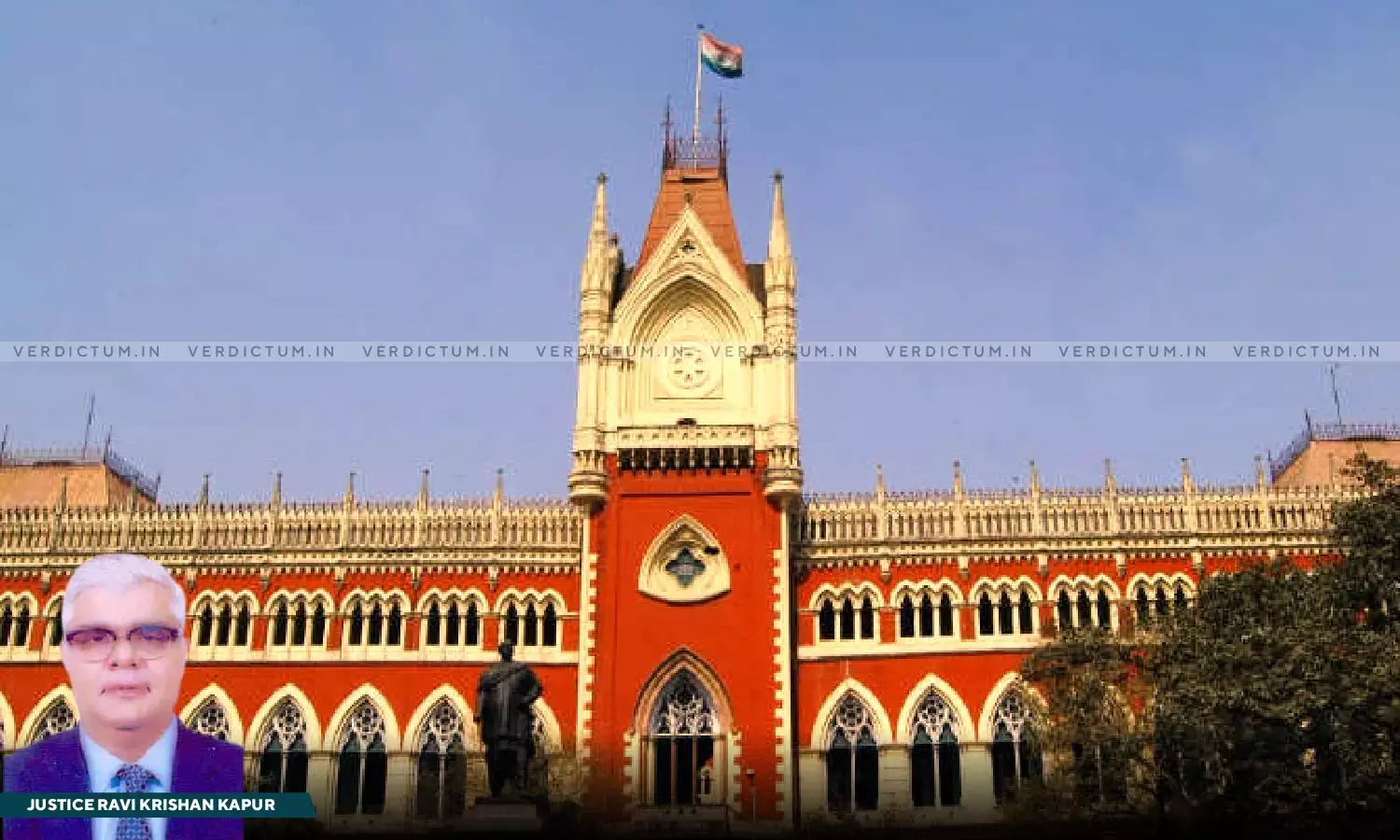'Incalculable Damage' To Industry From Unchecked Power: Calcutta HC Strikes Down West Bengal Govt. Decision To Regulate Employment In Private Industry
The Calcutta High Court struck down a decision by the West Bengal government to establish committees for overseeing the recruitment of both contractual and permanent employees in industrial establishments.
The background of the case dates back to 2022, when the West Bengal Labour Department issued a notification requiring that all recruitments in industrial and commercial establishments be carried out with the knowledge of committees headed by District Magistrates. The notification aimed to streamline the recruitment process, citing concerns over employee engagement happening without the state's awareness and the reported anomalies in the process. Additionally, it mentioned that various trade unions had been raising demands and sometimes settling disputes without the state's involvement.
A Bench of Justice Ravi Krishan Kapur, ruled that the state's move was arbitrary and violated the legislative framework under the Industrial Disputes Act (ID Act).
The Court criticized the government's decision as unnecessary, unreasonable, excessive, and lacking any rational basis. It warned that while the state may intend to gain control, its actions could ultimately stifle industrial growth, calling the approach an unreasonable restriction on the rights guaranteed under Article 19(1)(g) of the Indian Constitution, which ensures the freedom to carry on a profession. It added, “The long term effect of such measures may end up causing incalculable damage to industry and commerce. The real danger lies in the uncanalised, unguided and unfettered discretion which is sought to be vested with the State insofar as employee recruitment is concerned and the far reaching ramifications of the impugned notification which makes it unconstitutional and violative of Articles 14 and 19(1)(g),”
Upon reviewing the provisions of the Industrial Disputes Act, the Court observed that the law already provides for the appointment of conciliation officers to resolve disputes between employers and employees. The Court said, “The Act expressly encourages bilateral settlement instead of escalating every situation into a tripartite level. The duty to conciliate and the powers of the Conciliation Officers under the Act cannot be encroached upon through any extraneous Committee at the instance of the State. The conciliatory machinery contemplated under the Act cannot be circumvented in such a circuitous manner,”
Furthermore, the Court criticized the involvement of state officials in every industrial dispute, deeming it a waste of administrative resources and an attempt to exert indirect control over employment in private industries. The Court pointed out that the committee lacked any representation from employees or workers, which made the notification even more problematic.
The Court said, “The principal object of the notification is that no recruitment can take place without the knowledge of the Committee and this per se is excessive and disproportionate. The Act enumerates the supervision and role of the State Government in employee welfare,”
It found that the ID Act already outlines the role of the state in overseeing employee welfare and that the notification was in conflict with the Act's provisions. Moreover, the Court noted that there was no legal authority or power in any existing legislation that could justify such a notification. The notification also conflicted with the Employment Exchange Compulsory Notification of Vacancies Act.
The Court reiterated that the purpose of Article 19(1)(g) is to ensure that citizens can freely pursue their professions without unnecessary regulatory hurdles. It added, “The right of industry to grant employment or seek employment cannot be regulated in such a circuitous manner as contemplated by the impugned notification. The executive cannot arbitrarily interfere with the rights of industry,”.
As a result, the Court quashed the notification and declared all actions taken in accordance with it to be null and void.
Cause Title: Tata Steel Limited (Hooghly Met Coke Division) Haldia Contractors’ Mazdoor Sangh & Anr. v. State of West Bengal & Ors.
Appearance:
Petitioner: Advocates Soumya Majumder and Sanjukta Dutta
Respondents: Advocates Sirsanya Bandyopadhyay and Tapati Samanta












